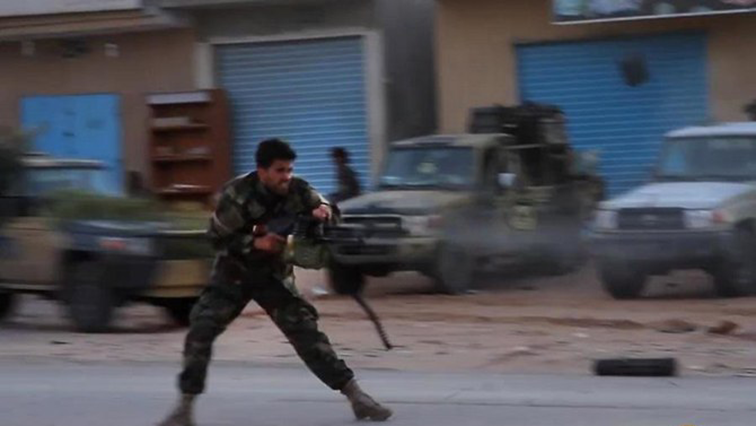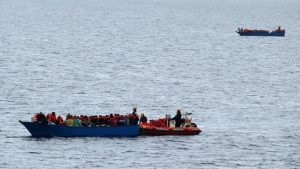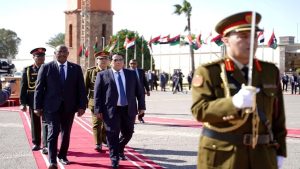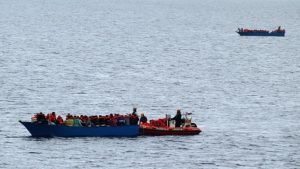The Security Council has heard that weapons supplies being delivered to Libya by external actors in violation of an arms embargo are either falling into the hands of terrorist groups or being sold to them –with warnings that this was a recipe for disaster.
These were the words of the Secretary General’s Special Representative to Libya who gave a detailed analysis via video link from Tripoli of the precarious state of play on the ground.
Council also heard that there was an increase in the recruitment of foreign mercenaries with appeals to the Council to call on authorities to immediately close African migrant detention centres.
Special Representative Ghassan Salame proposed a triple action for Libya that would require Council consensus.
First, a truce to be declared for the Eid al-Adha which falls around August 10th, following the said truce a high level meeting of concerned countries to cement the cessation and an adherence to international law and third, a Libyan meeting to find a path forward that could lead to the much delayed National Conference.
“The recent uptick in violence may worryingly presage a new phase in the military campaign but I do not judge that this will fundamentally alter the strategic stalemate. The parties still believe they can achieve their objectives through military means. Prime Minister (Fayez) al Serraj and General (Khalifa) Haftar have publicly reaffirmed their commitment to a future political and electoral process but have yet to take practical steps to stop the fighting. The LNA (Libyan National Army) maintains that they will not stop their attack until Tripoli is conquered while the GNA (Govt of National Accord) forces insist they can push General Haftar’s forces back to eastern Libya,” says Salame.
Salame made reference to the July 2nd attack on a migrant detention centre near Tripoli in which 53 people killed and dozens more injured; urging the Council to pressure authorities to free the detainees and to follow a UN plan for an organized and gradual closure of all detention centres in the country.
While weapons continue to flow into Libya in violation of a Security Council arms embargo.
“Even more worrisome are the indications that the arsenal of weapons being delivered by foreign supporters to one side or the other is either falling into the hands of terrorist groups or being sold to them. Some extremist elements have sought to legitimize themselves by joining the battle. This is nothing short of a recipe for disaster, not only for the safety and security of Libyans themselves, but to Libya’s neighbors and international peace and security. It is high time the warring parties cease all hostilities, redeploy their forces, and focus on the common threat before Libya becomes more of a safe haven for terrorist organizations,” adds Salame.
South Africa pledged its support for the work of the UN mediator and reiterated calls for the Libyan National Conference to take place, through Ambassador Jerry Matjila.
“Military solutions may appear to have short-term benefits, but they often do not lead to the lasting peace that is needed. It is of concern that both sides have not agreed to resume the political process. It is South Africa’s belief that compromise from both sides is critical for the de-escalation of tensions to pave the way for the political process to resume as soon as possible,” says Matjila.
The armed conflict has left nearly 1100 dead while hundreds of thousands have fled their homes in the capital and neighbouring districts.






